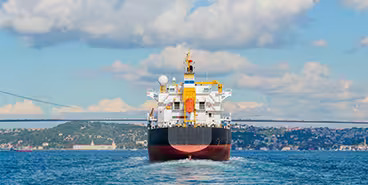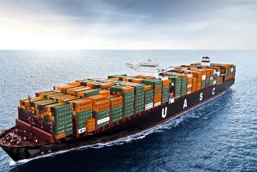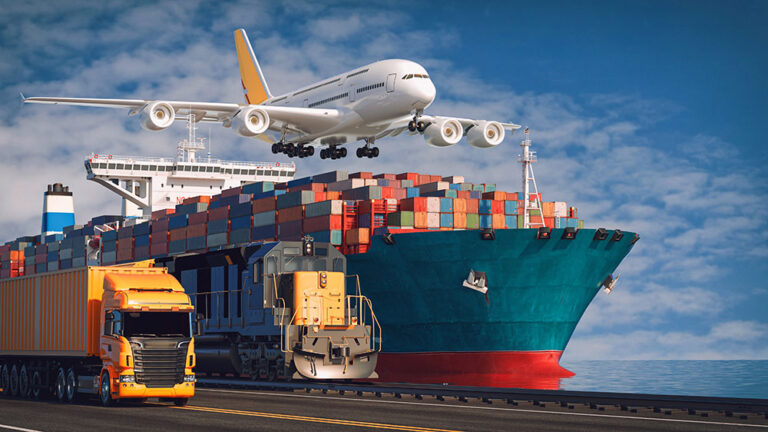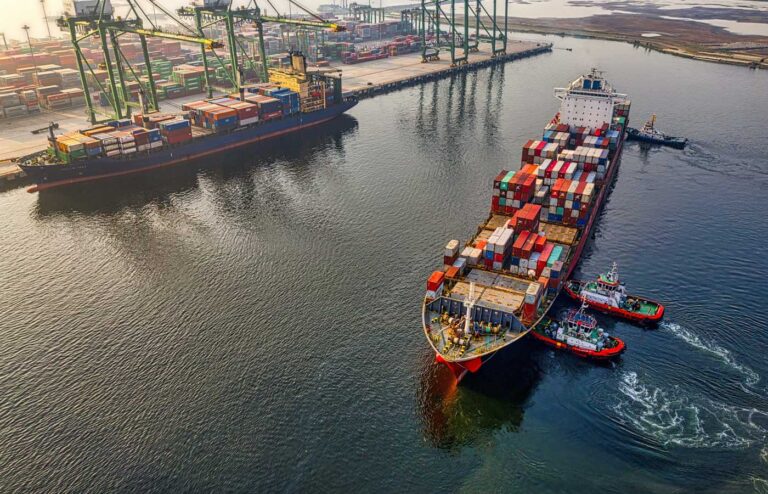Home > Marine Open Policy
Marine Open Policy
Unlock year-round peace of mind with a comprehensive marine open policy, protecting all your shipments under one hassle-free policy.
What is Marine Open Policy?
A marine open policy is akin to a specialized insurance plan for businesses that frequently ship goods via the sea. Rather than obtaining insurance for each separate shipment, businesses can acquire coverage for an entire year based on the total value of all their shipments. As cargo is dispatched, the insurance amount gradually diminishes, but the starting coverage amount is typically substantial. Thus, businesses that need to send items consistently over a span of time often opt for a marine open policy as a way to simplify and economize. By general convention, the sum insured under a marine open policy should be no less than four times the limit per shipment or the single carrying limit. The premium is customarily paid upfront, reflecting the projected sum insured. Adjustments to the policy's insured sum mean that both the premium and the insured sum shift in line with the submission of each individual voyage declaration. After meticulous examination, modifications are sanctioned in cases of genuine oversights or incorrect declarations. Any premium on the unadjusted insured summary be returned once the contract comes to an end. Much like its counterparts, a marine open policy safeguards against a myriad of risks faced by cargo during its journey. The most common causes for cargo damage or loss during transit include explosions, fires, hijackings, collisions, mishaps, and overturning.
Features of Marine Open Policy
- Covers loss or damage of cargo across multiple transits.
- The insurance policy remains valid until it’s either canceled or the insured sum is fully utilized, with the former scenario occurring first.
- This policy is available in three variants: within the country (inland), from India to a foreign country (export), and vice versa (import).
- Tailored for businesses that dispatch shipments on a regular basis.
- Owing to its comprehensive coverage, the premium typically leans towards the higher end of the spectrum.
- Payment of the premium is expected in advance by the buyer.
- Payment of the premium is expected in advance by the buyer.
- The insured sum should be equivalent to four times the individual carrying limit or base limit.
- It's imperative for the insured party to declare every shipment in line with the policy's stipulations, with no exceptions.
- Both the premium and the insured sum undergo alterations in sync with each individual declaration.
- The marine open policy permits up to four augmentations to the insured sum within a year.
Who needs Marine Open Policy?
A marine open policy is versatile, offering distinct advantages to a broad spectrum of industries. It holds particular significance for businesses that consistently ship cargo throughout the calendar year. The following are illustrations of entities that could greatly benefit from such a policy: Small and medium-sized enterprises (SMEs) Importers and exporters with regular shipment schedules Establishments frequently transporting cargo of high intrinsic value Freight forwarding entities and logistical organizations A gamut of professionals and entities including merchants, contractors, financial institutions, procurement agents, maritime enterprises, and more.

Why get
Marine Open Policy?
For businesses that have regular shipping operations, a marine open policy emerges as a prudent choice. Characteristically, this insurance provision is an annual directive, encompassing a singular insured sum. Numerous consignments are included under its umbrella until the entire insured amount is depleted. The essence of an open policy is the luxury it provides to the policy holder by eliminating the need to secure distinct insurance covers for individual consignments or journeys. If your business undertakes a considerable number of analogous transactions within a year, then an open policy would be markedly beneficial. Adopting a marine open policy can infuse a sense of tranquility, knowing that your goods stand shielded against potential transit-related losses or damages. By embracing this protective measure, entities like shipping corporations and courier services can fortify themselves against potential financial setbacks stemming from diverse incidents. These can range from natural calamities, international border disputes, complications linked with waterborne or overland transportation, challenges during aerial conveyance, or even simple mishandling of freight. This policy operates as are parathion agreement, compensating for property damages invoked by certain specified hazards, within the confines of the policy's boundaries. A plethora of commodities and cargo fall under this insurance's purview, allowing you the flexibility to customize the coverage to resonate with your distinct business requisites.
Coverages
The coverages offered by a marine open policy can be delineated as follows






Exclusions
Outlined below are prevalent exclusions usually present in a marine open policy in India






